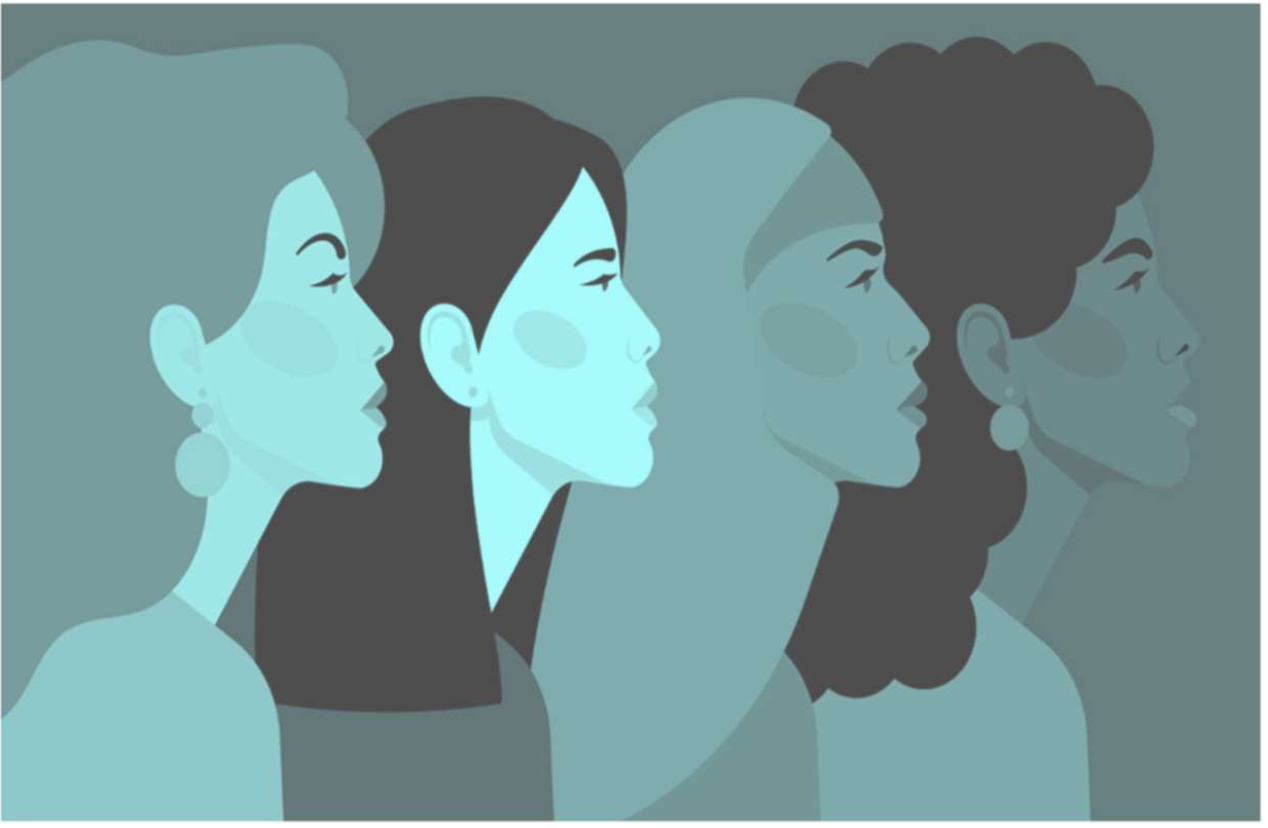Washington, DC
—Access to paid sick days could save $1 billion in medical costs annually according to a
report
released today by the
Institute for Women’s Policy Research
(IWPR). This includes $500 million in taxpayer-funded public health care programs for children, elders, and low-income Americans. Currently, more than 44 million American workers do not have access to paid sick days, and more are unable to use time off to take care of sick children or other family members.
“Taking time off work to see a primary care doctor is common sense, but over 40 million Americans cannot do so without losing pay or their job,” said
Kevin Miller
, Senior Research Associate with IWPR and an author of the report. “Americans are paying over $1 billion each year in preventable emergency department costs because hard-working people without paid sick days are unable to get the preventative and early treatment they and their children need.”
The United States spends approximately $47 billion annually on emergency department services. IWPR findings show that, by shifting the treatment of some preventable illnesses from emergency departments to less expensive doctor’s offices, clinics, and hospital outpatient settings, universal access to paid sick days would
save $1.1 billion
annually. Currently, approximately $500 million of these preventable costs are covered by taxpayer-funded public health care for children, elders, veterans and low-income families, including Medicare, Medicaid, the State Children’s Health Insurance Program (SCHIP), and Veterans Affairs services. The remainder of preventable emergency department costs are accrued to individuals who pay out of pocket for health care and to insurance companies and their customers.
“As high and rising health care expenditures continuing to be a top concern for policymakers and businesses alike, paid sick days is a cost saving solution that should receive serious attention,” said
Claudia Williams
, Research Analyst with IWPR and an author of the report.
After controlling for various characteristics, including health insurance status, IWPR’s analyses reveal that paid sick days are associated with better self-reported health, fewer delays in medical care, and fewer emergency department visits for adults and their children. Controlling for other factors, workers without paid sick days are 40 percent more likely than workers with paid sick days to delay medical care for themselves or a family member. Approximately 2.6 million fewer Americans would delay medical care each year if paid sick days were universal.
Employees with access to paid sick days have an easier time getting to a doctor during regular business hours to care for themselves or family members. In turn, access to paid sick days can help to decrease the likelihood that a worker will put off needed care and increases access to preventive care among workers and their children.
Workers without private insurance tend to have less access to paid sick days than workers with private health insurance. Previous IWPR analysis found that access to paid sick days is significantly rarer among Hispanics and blacks. Asian Americans and whites overall have the highest rates of access at 67 and 60 percent respectively, compared to 56 percent of blacks and 42 percent of Hispanics.
Many states and localities, as well as the U.S. Congress, have considered legislation that would ensure workers are able to earn paid sick time to take care of themselves and their families when they are ill. Such laws have been approved in the state of Connecticut, the cities of San Francisco and Seattle, and the District of Columbia. Two-fifths of private sector employees, including
three in four food service workers, three in five personal health care workers and three in four child care workers,
do not currently have access to paid sick days.
The Institute for Women’s Policy Research (IWPR)
conducts rigorous research and disseminates its findings to address the needs of women and their families, promote public dialogue, and strengthen communities and societies.
-END-


